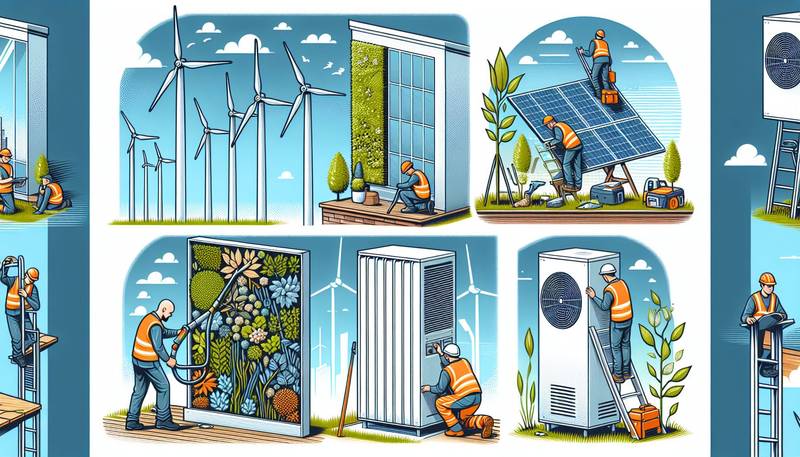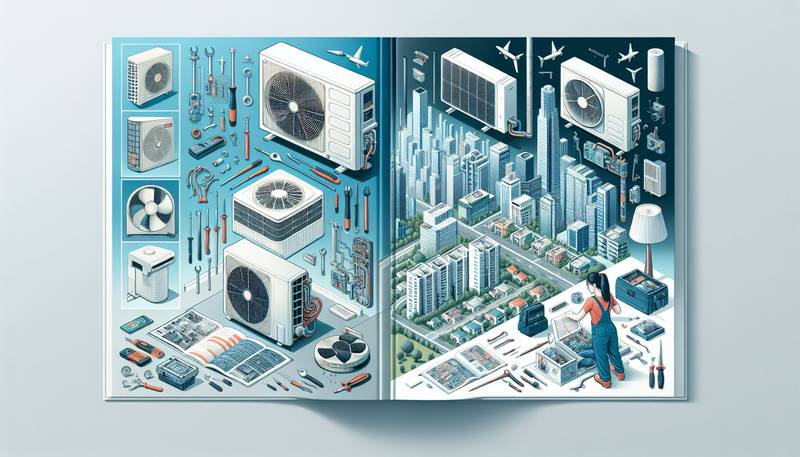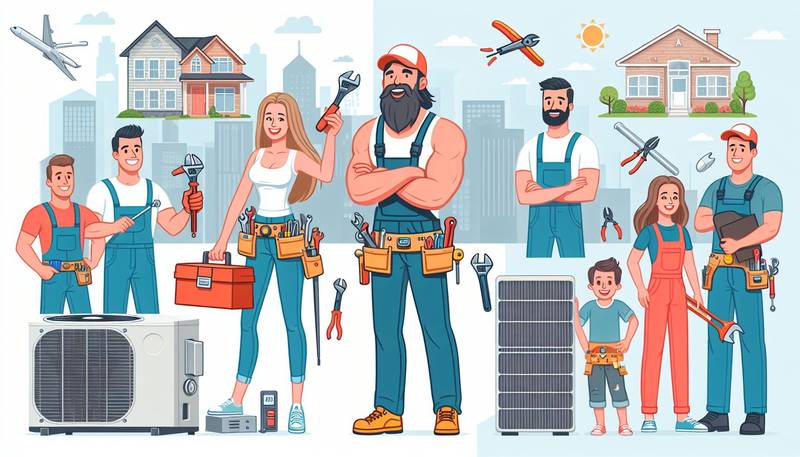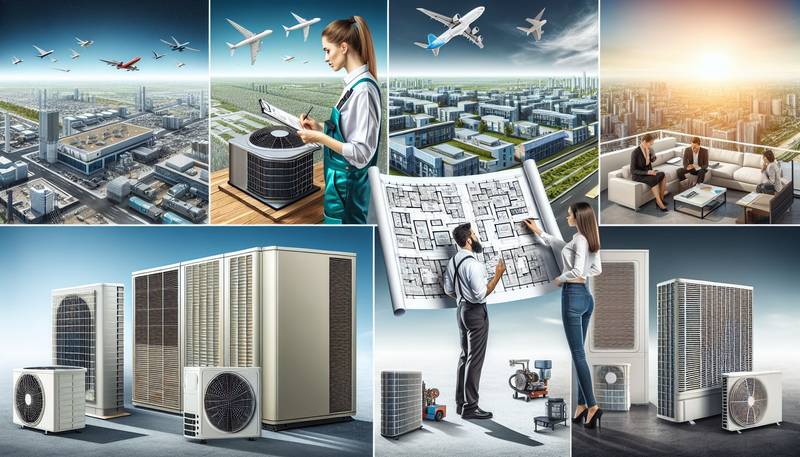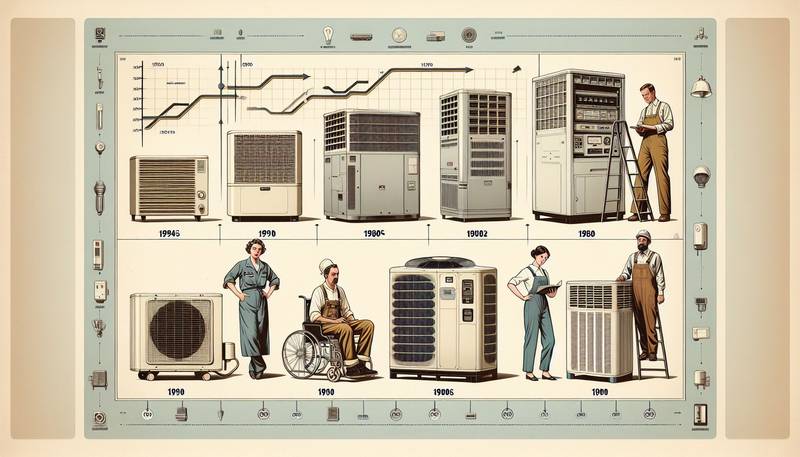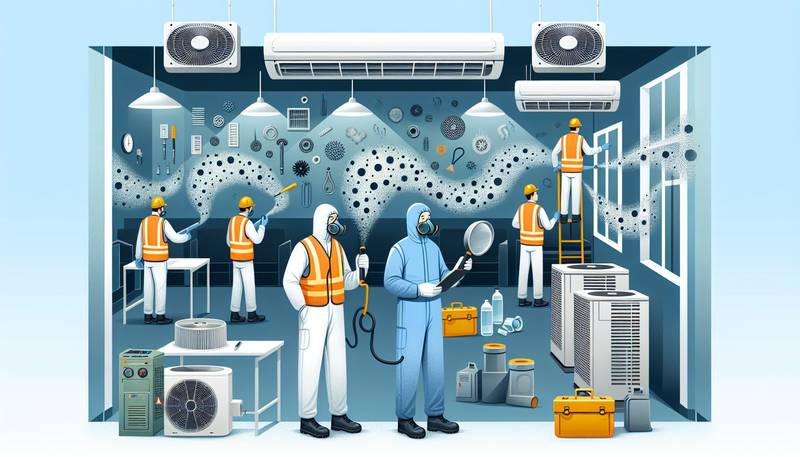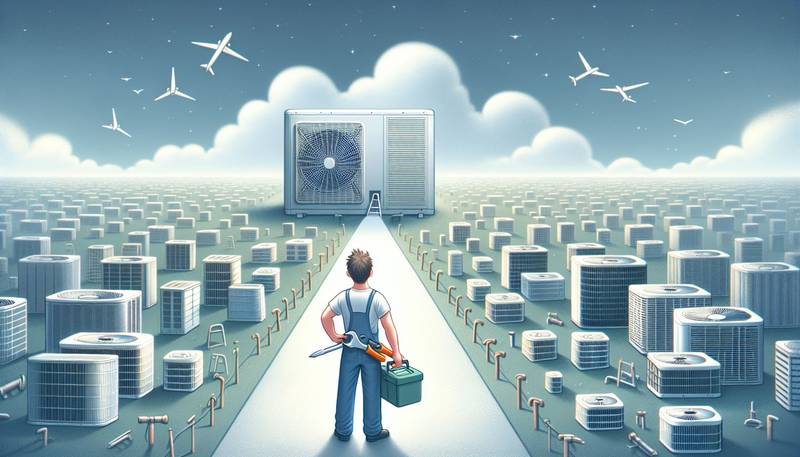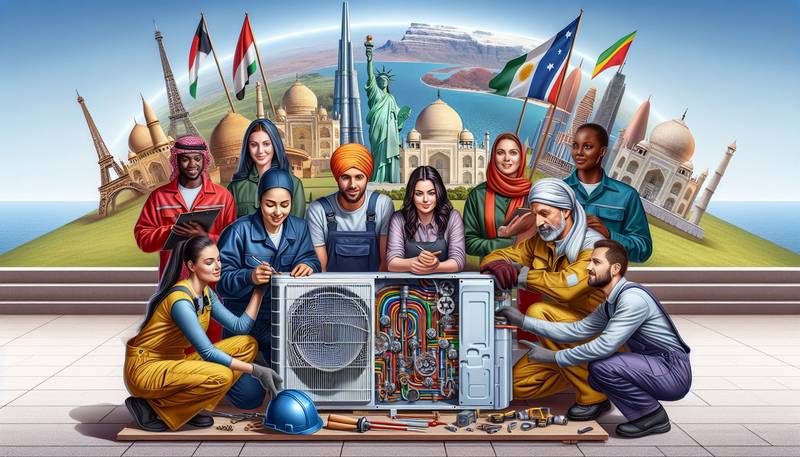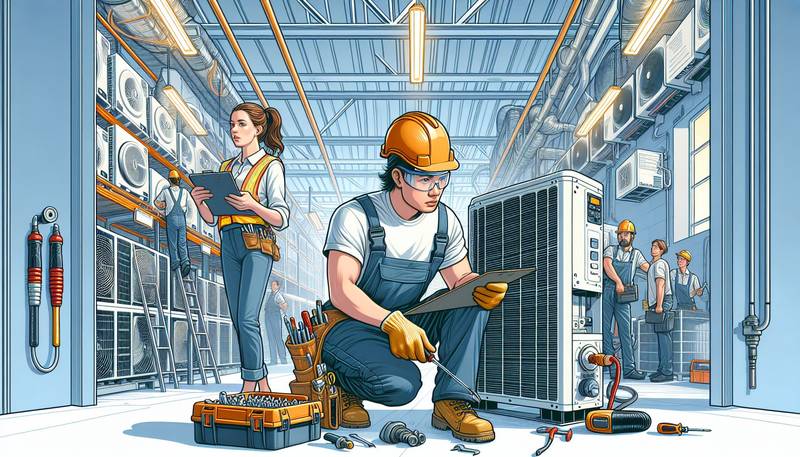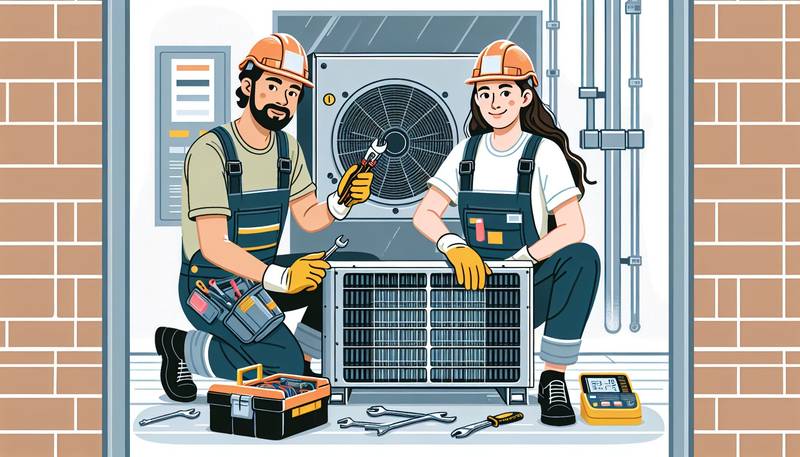Ventilation Vocations: Exploring Careers Beyond Traditional Air Conditioning
In this article, we will explore some of these alternative ventilation vocations and discuss the skills and qualifications needed to succeed in these roles.
Ventilation Engineer
Ventilation engineers are responsible for designing, installing, and maintaining ventilation systems in a wide range of buildings and structures. These professionals must have a deep understanding of air flow dynamics, heat transfer principles, and environmental regulations. Ventilation engineers work closely with architects, contractors, and building owners to ensure that ventilation systems meet the specific needs of each project. In addition to technical expertise, ventilation engineers must also possess strong communication and problem-solving skills.
Indoor Air Quality Specialist
Indoor air quality specialists focus on monitoring and improving the quality of air inside buildings to promote the health and well-being of occupants. These professionals conduct air quality assessments, identify sources of indoor air pollution, and develop strategies to mitigate these issues. Indoor air quality specialists may work in a variety of settings, including office buildings, schools, hospitals, and residential homes. Strong analytical skills, attention to detail, and knowledge of indoor air pollutants are essential for success in this role.
Ventilation Technician
Ventilation technicians are responsible for installing, maintaining, and repairing ventilation systems in residential, commercial, and industrial buildings. These professionals work with a variety of tools and equipment to ensure that ventilation systems operate efficiently and effectively. Ventilation technicians must have a strong understanding of HVAC systems, electrical components, and safety protocols. Strong technical skills, attention to detail, and the ability to work in a fast-paced environment are key attributes for ventilation technicians.
Energy Efficiency Consultant
Energy efficiency consultants help building owners and operators reduce energy consumption and lower utility costs by optimizing ventilation systems and implementing energy-saving technologies. These professionals conduct energy audits, analyze data on energy usage, and recommend strategies to improve the energy efficiency of buildings. Energy efficiency consultants must have a strong understanding of HVAC systems, building codes, and energy efficiency standards. Strong analytical skills, project management capabilities, and knowledge of renewable energy technologies are essential for success in this role.
Conclusion
While traditional air conditioning systems are essential for maintaining comfortable indoor environments, there are a variety of other career opportunities within the ventilation industry that offer unique challenges and rewards. Ventilation engineers, indoor air quality specialists, ventilation technicians, and energy efficiency consultants all play crucial roles in ensuring that buildings are well-ventilated, energy-efficient, and healthy for occupants. By pursuing a career in one of these alternative ventilation vocations, individuals can make a positive impact on the built environment while enjoying a fulfilling and rewarding career.
